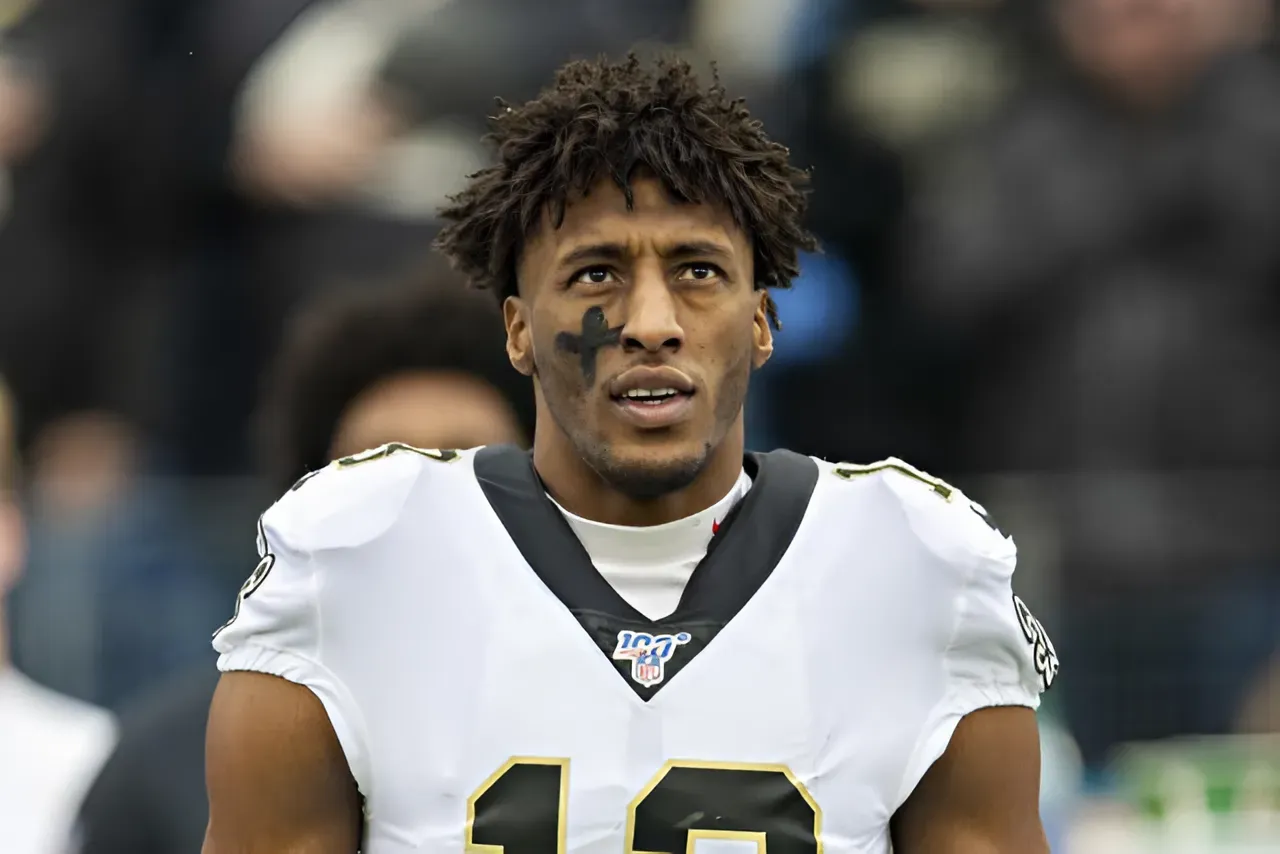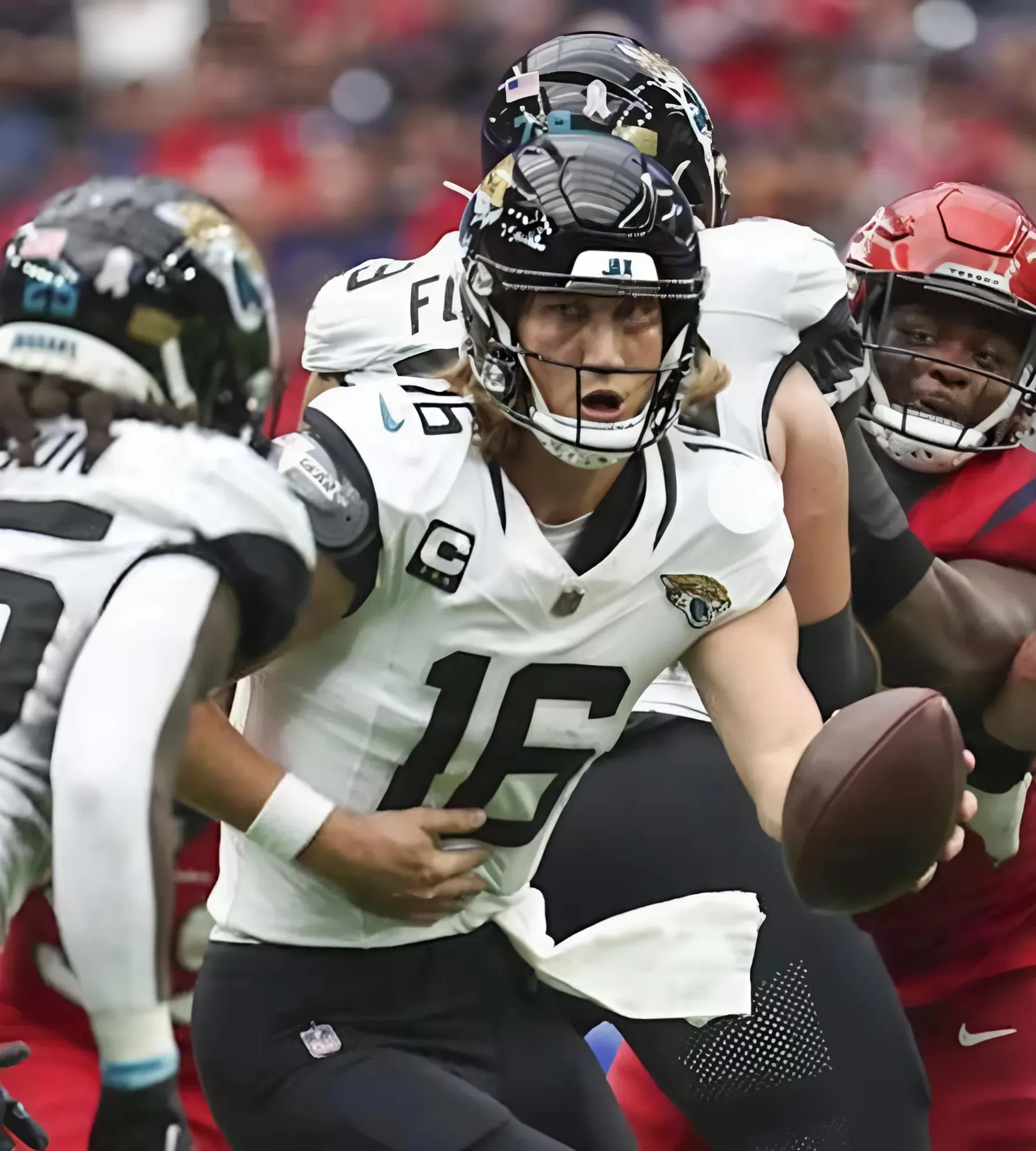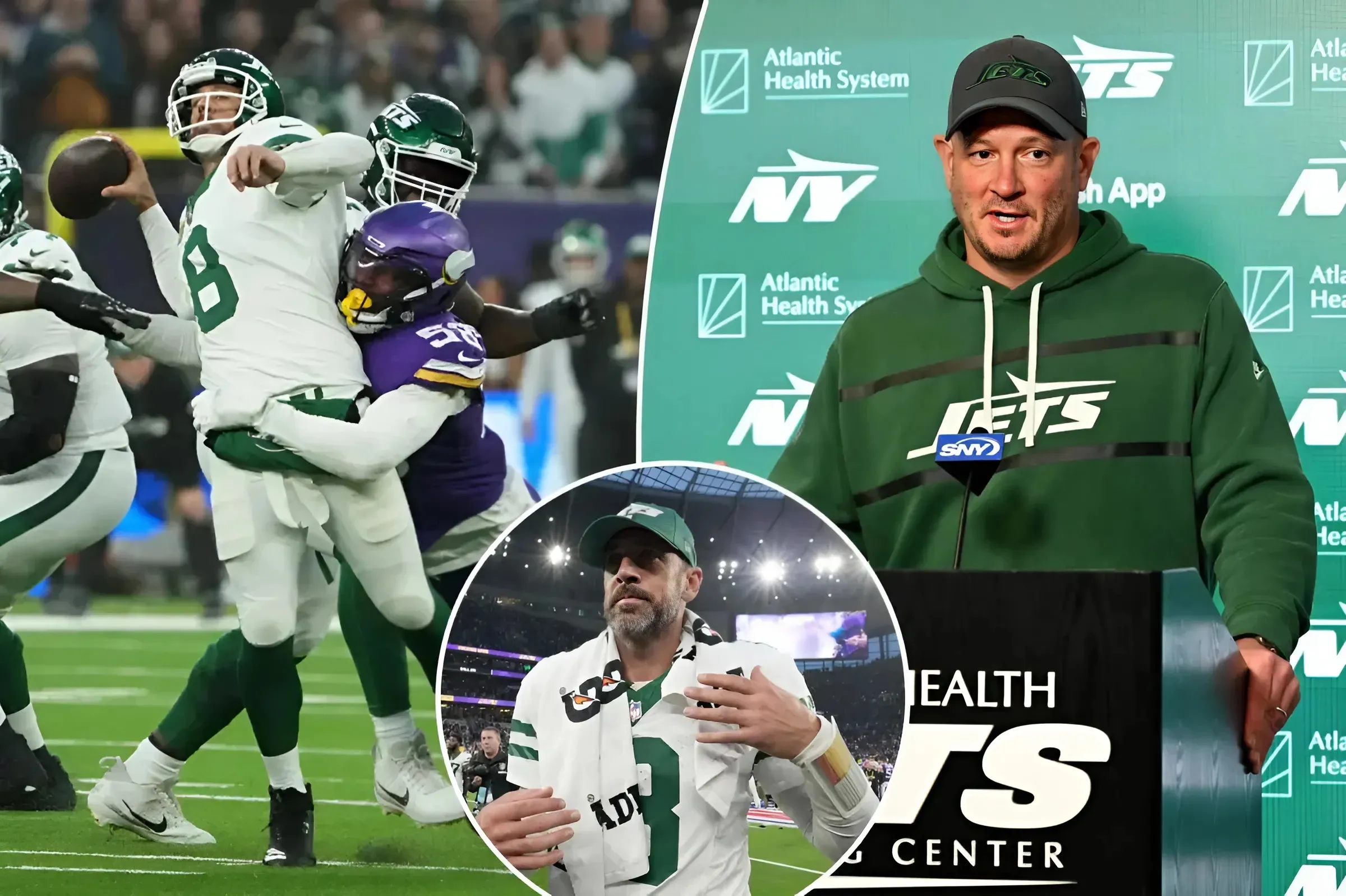
When the Chicago Bulls traded for a then-22-year-old Zach LaVine prior to the 2017-18 season, it was fair to assume that he would still be one of the key storylines heading into 2024-25.
LaVine was a rising star coming off his best statistical year and on his way to proving his abilities as a complete offensive player.
The plan was not, however, to be talking about LaVine as an impossible trade chip; certainly not one that the Bulls may have to attach a first-round pick to just to get him out of Chicago.
In his seven years with the Bulls, the now-29-year-old has made two All-Star teams. He's averaged 24.2 points, 4.7 rebounds and 4.3 assists on shooting splits of 47/38/84.
Those are the positives.
He's also only played more than 70 games once and more than 60 games in four of those seven seasons. He played 24 games in his first season with the Bulls and 25 last year.
He also signed a five-year, $215 million extension that will pay him a guaranteed $43 million this year and $46 million next year with a $49 million player option in 2026-27.
Those are the negatives which, unfortunately for Chicago, are massive negatives in today's NBA. Trading for a player like LaVine - an injury-prone, expensive, mostly one-dimensional player, especially with the new second apron in play, is a significant risk.
Hence, the Bulls' difficulty in finding a trade partner when the entire league knows he's available and could be had on the cheap.
So, heading into the 2024-25 season, what are the best- and worst-case scenarios for the Bulls regarding LaVine and his value in Chicago?
Best-case scenario: LaVine stays healthy and the Bulls have options
Every scenario - best, worst, somewhere in the middle - surrounds LaVine's health. While it's not entirely as straightforward as, "If he stays healthy, everybody wins," it's pretty close.
If the All-Star guard is fully recovered from the foot injury he suffered last season - which he says he is - and begins pouring in 20-plus points per game again, one of two significant things can happen.
One, he helps the Bulls shoot out of the gates and become one of the NBA's surprise teams. A healthy LaVine next to a still-improving Coby White and newly acquired point guard Josh Giddey could form one of the most threatening offensive trios in the league.
And two, teams that need a boost to make a legitimate postseason run begin sniffing around Chicago to gauge whether or not LaVine is still available and what it might take to get him.
If the Bulls decide to finally lean into a rebuild, the return package for a healthy and productive LaVine will be massively larger than it has been.
Whether Chicago decides to hang onto its star guard or acquire what it can in a trade, the franchise would finally have options again.
Worst-case scenario: LaVine gets injured again or no longer fits
The first option here is obviously the absolute worst-case scenario. An injured LaVine can't help the Bulls on the court and tanks his trade value even further.
The second is a bit more complicated.
White took a major leap last season with LaVine sidelined for most of the year.
The fifth-year guard averaged career highs in points, rebounds, assists, shot attempts and field goal percentage while hitting 37.6 percent from three on a career-high 7.0 attempts per game.
And now, with Giddey in the fold - another guard who needs the ball to do what he does best - where does LaVine fit in?
Is he willing to cede some shots to White and some ballhandling duties to Giddey, or do the three simply not function well as a unit?
On paper, Giddey's ability to create open shots should serve scoring guards like White and LaVine well, and those two could cause serious problems for defenses as floor spacers and secondary playmakers.
None of the three are better than above-average defenders at best, however, and the Bulls don't have the rim protection needed to cover for them. If they play a ton of minutes together, Chicago will sit near the bottom of the league in defense all season.
Regardless, LaVine needs to stay healthy for anything even potentially good to come out of this situation. If he doesn't, the 2024-25 campaign, and likely next offseason, too, will be more of the same: How can the Bulls get an expensive, oft-injured player off their books?



